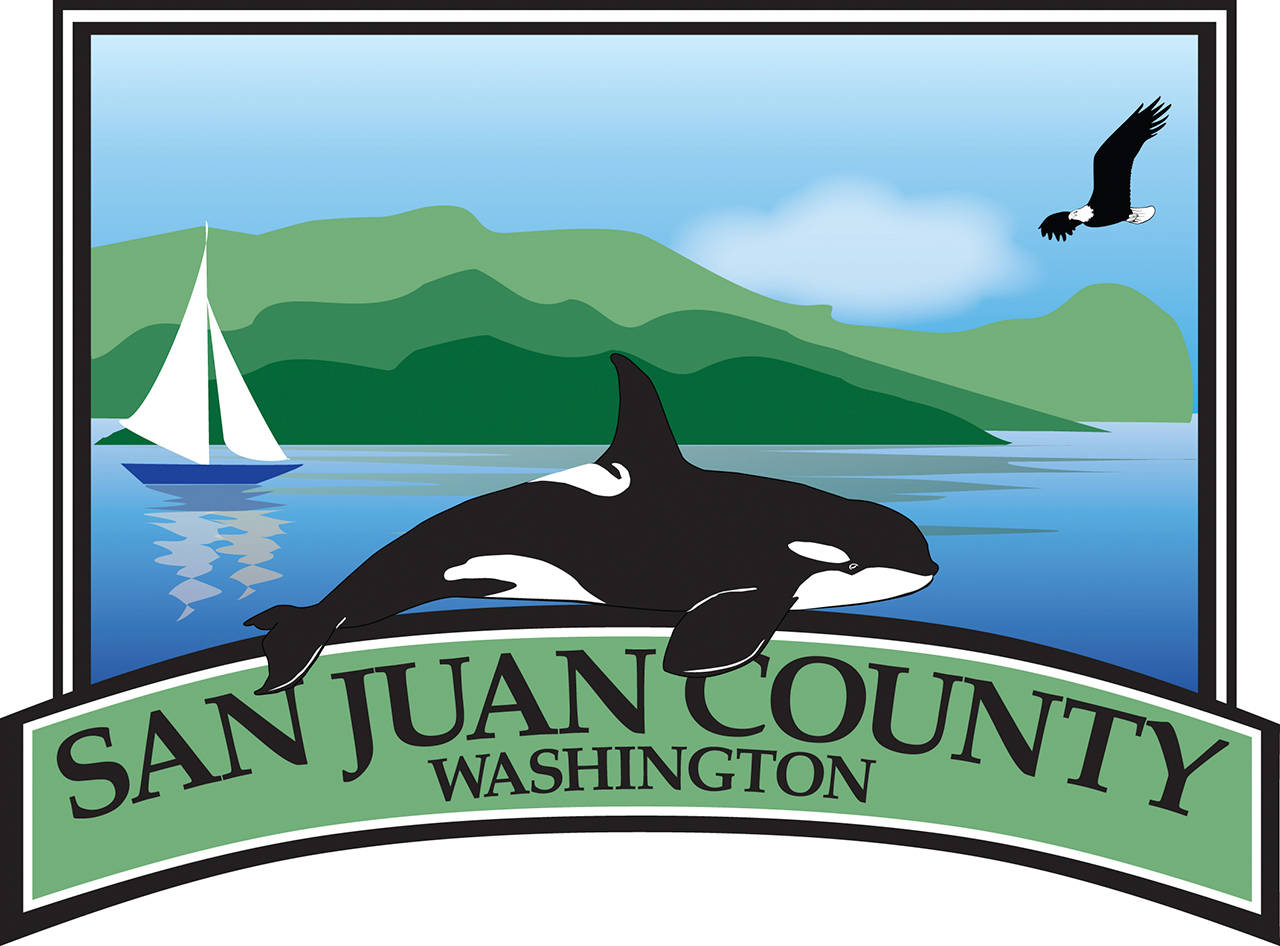San Juan County Council has elected to join a statewide lawsuit against Initiative 1-976, which was approved by voters this past November.
Also called the “$30 tabs initiative,” the measure, sponsored by conservative political activist Tim Eyman, limits the annual license fees for vehicles; bases vehicle taxes on the Kelley Blue Book value; and repeals authorizations for regional transit authorities to impose motor vehicle excise taxes. As a result, funding for state transportation – including the Washington State Ferry system – will be drastically cut.
“There are far-reaching implications to our community,” said Councilman Rick Hughes during a special session on Nov. 18 to discuss potential impacts of the measure with San Juan County Prosecutor Randy Gaylord. “San Juan County did vote the largest against this at 71 percent. It’s important to note that we were the highest percentage per capita in the state. So there is a clear position, in my opinion, from this community that the current taxing fee structure on the tabs is an acceptable way to fund infrastructure.”
Plaintiffs in the lawsuit include City of Seattle; King County; Port of Seattle; Association of Washington Cities; Washington State Transit Association; Amalgamated Transit Union Legislative Council of Washington; Intercity Transit; and Garfield County Transportation Authority. Lacey resident Michael Rogers, a man with cerebral palsy who relies heavily upon public transit, is also a plaintiff in the lawsuit.
The lawsuit claims I-976 is a “poorly drafted hodge-podge that violates multiple provisions of the Constitution,” including the Single Subject Rule. A preliminary injunction with King County Superior Court to temporarily block I-976 was filed on Nov. 18.
“This has a big effect on public transit,” Gaylord said. “This measure is trying to undo previous measures that were approved by voters in regions.”
According to King County’s website, “By violating the prohibition on single subject, the initiative improperly attempted to win support by hiding unpopular provisions among more popular ones, without clearly spelling out what some of those provisions were. In addition to being misleading, voters would no longer be able to approve local transportation-related investments as the need arises. The initiative would ‘decimate funding particularly for local transportation and transit projects, including many that have already been approved by local voters.’”
If I-976 goes into effect, the greatest impact for San Juan County would be felt with less road funding (County Manager Mike Thomas estimated a $600,000 annual reduction) and the state ferry system. WSF told Hughes that the $90 million to $130 million slated over the biennium from the state’s multi-modal account will no longer be available.
According to Hughes, the San Juan County Ferry Advisory Committee predicted that terminal upgrades would not happen; the Sidney route would cease operation; the Elwha, which still needs $10 million in reconstruction work, would not be fixed; and the San Juans would likely go to a winter four-boat schedule year-round.
“The longterm plan as we see it would not happen, so over the next period of time new boats would not be constructed,” Hughes said.
According to Gaylord, portions of I-976 go into effect after the law is adopted. The certification process begins in late November and should be completed in a month.
“Unless this lawsuit is successful at obtaining an injunction, there will have to be a judicial decision really quickly [on I-976],” Gaylord said.



